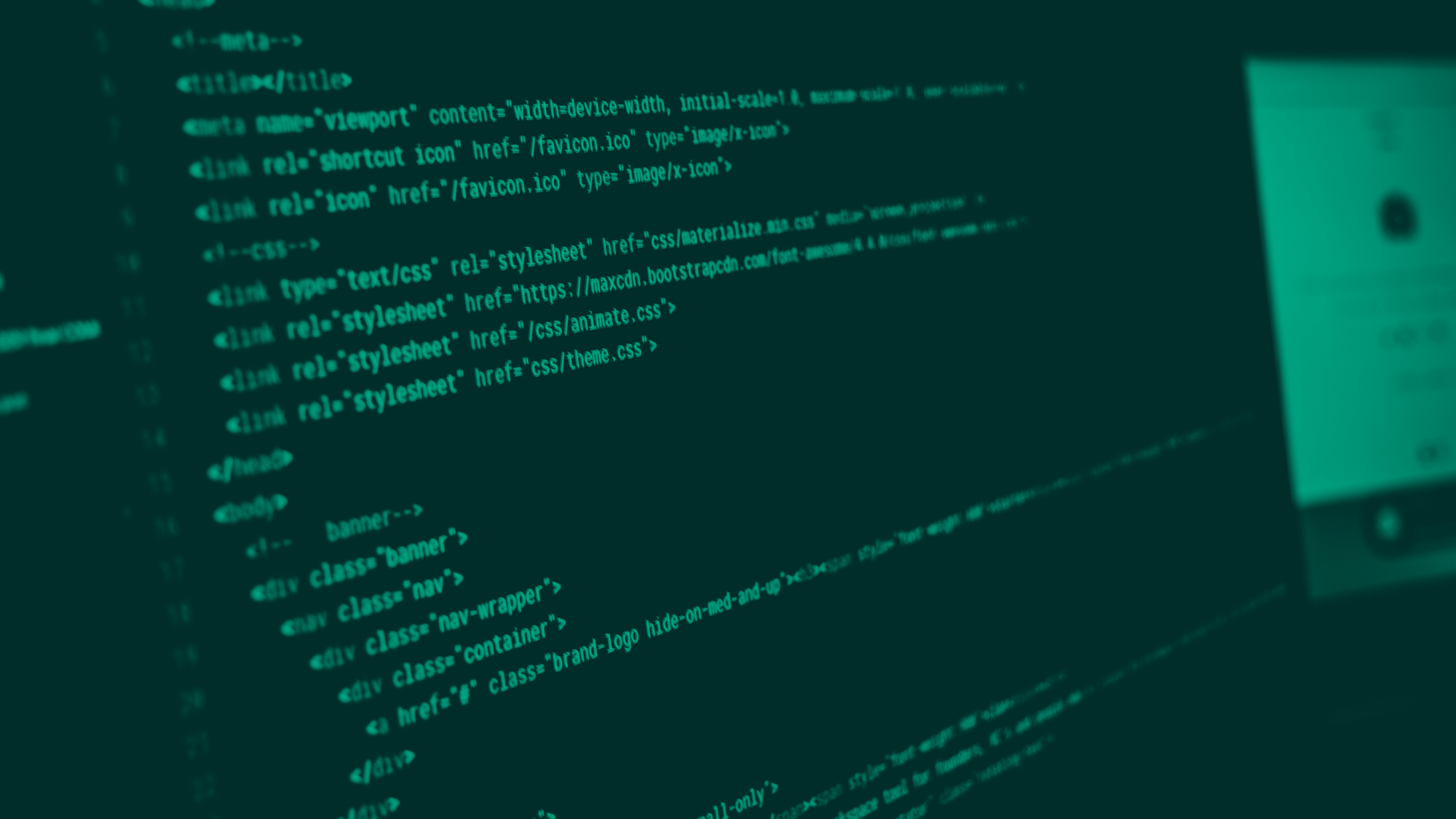
Discover the new open research publishing platform, now welcoming submissions on ‘Digital Twin’ from authors.
This first of its kind open research platform is now open for submissions: http://digitaltwin1.org/
Digital Twin is a rapid multidisciplinary open access publishing platform for researchers, practitioners and experts to publish state-of-the-art basic, scientific and applied research on digital twin technologies. Since digital twin encompasses many disciplines across STM, Beihang University partnered with open research publisher F1000, Taylor & Francis Group’s open research publishing arm, to create a global hub to accommodate new research outputs on digital twin.
Digital twin refers to a complex virtual model that constitutes the exact counterpart (or twin) of a physical thing. In principle, the ‘thing’ could be instantiated as any object in the physical world such as a car, a tunnel, a bridge, or even a jet engine. Data obtained from the physical ‘thing’ by means of advanced sensors can be fed back to the virtual model. Through immersive cyber-physical integration, digital twin makes visible the crucial information about the states, behaviours, and health of the physical ‘thing’ in the real world.
The Digital Twin platform covers all areas related to digital twin technologies, including broad fields such as smart manufacturing, civil and industrial engineering, healthcare, agriculture, and many others.
The platform enables all research outputs to be published open access, which means they are available for anyone to read. The published research will also follow F1000’s open science practices, such as open peer review, to assure quality and transparency.
“Digital twin has received unprecedented attention from academia and industry. Based on more refined and dynamic models as well as richer data drives, digital twin has played important values in various fields including aerospace, smart cities, construction, robotics, ships, automobiles, and more. Digital Twin aims to facilitate researchers and engineers to exchange ideas and share research findings, and to accelerate the innovations of digital twin. Digital Twin will enable all research outputs to benefit from rapid publication with no editorial bias, together with invited and open peer review, archiving and indexing. It will cover all application fields of digital twin, in all forms. – Fei Tao, Professor at Beihang University.
Digital Twin offers researchers an open and transparent peer review process and has a mandatory FAIR data policy to provide full and easy access to the source data underlying the results. It covers digital twin research spanning many fields of research and offers a variety of article types, from traditional research articles to study protocols, registered reports, data notes, case studies and much more.
Are you ready to submit your research? Visit the Digital Twin platform for more information.
About F1000
F1000 fosters a culture of innovation to accelerate the reach of knowledge and put it in the hands of those who will shape the future.
We provide open research publishing solutions and services to organizations such as the European Commission, Wellcome, and the Bill & Melinda Gates Foundation, as well as directly to researchers through our own publishing platform, F1000Research. F1000 is wholly owned by the Taylor & Francis Group, an Informa Group company.
About Beihang University
Beihang University (BUAA), previously known as Beijing University of Aeronautics and Astronautics, was founded on 1952. Since its founding, BUAA has excelled as one of the first 16 key universities in China, given priority for development. BUAA has evolved into an open, comprehensive, research-oriented university with focuses on aeronautics, astronautics and informatics. BUAA is deeply committed to an education that fosters innovation and intercultural awareness. For now, over 200,000 BUAA graduates have become an active part of various industries, fully showing the features of integrity, sincerity, innovation, responsibility and being a doer with achievements.
Beihang was the earliest start in the digital twin research. The Digital Twin Research Group at BUAA, which is leading by Prof. Fei Tao, has published two books, more than 50 papers of which including an article in Nature, and holds more than 20 patents about digital twin. The group proposed the concept of digital twin shop-floor (DTS) and published the first paper about DTS in January 2017, which has been cited and studied by many institutes worldwide, and also have been used in practice by more than 20 group companies. Besides, The Group proposed a novel five-dimensional digital twin model, which has been applied in more than 20 different industrial fields. For further development and industrial application of digital twin, the systems of theories, technologies, tools and standards of digital twin are established by the Group at BUAA together with other institutes. Furthermore, the group initiated the first academic conference on digital twin, the Conference on Digital Twin and Smart Manufacturing Service, together with 12 universities in 2017. Since then, the conference has been successfully organized annually for four years, directly benefiting over 1,000 participants.
